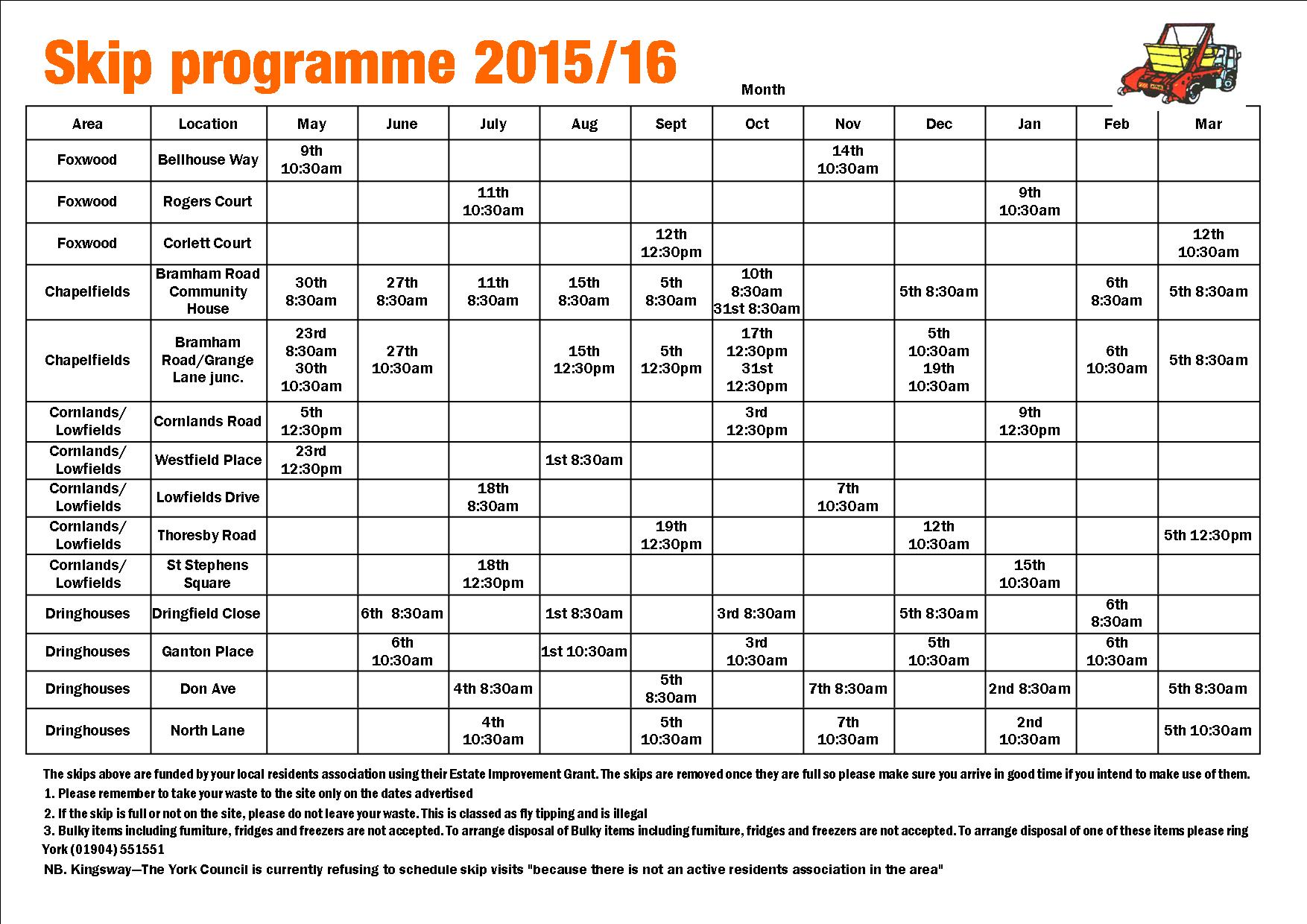First gliding and kung fu sessions to be offered at York’s biggest 50+ Games
 Kung fu, gliding, kick boxing, weight lifting and fencing taster sessions are being offered for the first time at this year’s 50+ Games which run from Saturday 26 September to Sunday 4 October.
Kung fu, gliding, kick boxing, weight lifting and fencing taster sessions are being offered for the first time at this year’s 50+ Games which run from Saturday 26 September to Sunday 4 October.
The Eng-AGE 50+ Games is a nine-day event organised by City of York Council in partnership with local sports clubs and coaches and runs alongside the popular York 50+ Festival. It offers an exciting, mainly free programme of taster sessions to introduce those aged over 50 to the broad range of health and fitness activities which take place regularly in venues throughout York.
This year’s record programme boasts 41 sessions and involves 17 different sports clubs. Their offer includes cardio tennis, swimming, walking, running, boxing, walking football and tennis, whilst residents who prefer gentler activity can enjoy bowls, yoga, pilates and seated tai chi. Also on offer is a motorised gliding experience at York Gliding Centre in Rufforth.
All abilities and fitness levels are welcome and the ethos of the Games is as much about meeting new people and taking part than winning!
Councillor Nigel Ayre, Executive Member for Culture, Leisure and Tourism said: “The Eng-AGE 50+ Games offers residents a fantastic chance to try new sport in a friendly setting and discover where they can continue to take part throughout the year.
“All adults should aim for at least 150 minutes of physical activity a week – just 30 minutes a day will hit that target. Regular sport and activity benefits physical and mental wellbeing, and for older people it’s important to help balance and co-ordination, bone strength and flexibility to maintain a full and independent life.”
The full programme can be found at www.york.gov.uk/engage and leaflets can be picked up from libraries.
For further information contact Megan Hale, Older Peoples Physical Activity Officer, on 01904 553377, email megan.hale@york.gov.uk
Marygate car park income plummets by £114,000
Freedom of Information (FOI) response confirms that the former Labour Council did not record number of faults reported on the barrier equipment
An FOI response has confirmed what many feared. The introduction of barrier controls at the Marygate car park has seen the number of drivers paying to park there reduce, resulting in a substantial fall in income.
- The income received by the Council in the 12 months since the barriers were installed has been £556,442,
- In the equivalent period, before the barriers replaced “pay and display”, income had been £672,547.
In the past the Council has used surplus income from parking to invest in the maintenance of highways infrastructure. If that income is no longer available then transport subsidies – for services as wide ranging as off peak bus services, car park maintenance and road repairs – will have to come direct from taxpayers.
In turn, this is likely to lead to a further fall in the funding available for other essential services.
The last Council was also criticised for selling off the Haymarket car park for a fraction of its real value. This move lost the Council another £200,000 a year in car parking income.
The reduced use of City centre car parks has, of course, been influenced by other factors. Charges have almost doubled during the last 4 years while successful additional park and ride facilities have been provided at Poppleton and Askham Bar.
But the failure of the Council to accept that the barrier system adopted or Marygate involved major reliability risks is a contributory factor.
It has also been revealed that the last Labour run Council did not record the number of faults reported on the Marygate equipment. Usually the barriers would “fail” in the open position effectively allowing free parking so it is perhaps not surprising that the Council has not received any compensation claims for mechanical failures.
Since May there have been seven occasions where barrier failures have occurred at Marygate.
In the same period a further seven faults have developed on the ticket issuing machines.
The Council has not retained records of how long it took to fix each fault. It does however say that the costs of repairs were covered by the suppliers warranty with “approximately £300 spent on spare parts”.
The change to barrier control was part of a trial aimed at removing the pressure on visitors to return to their cars before their “pay and display” ticket expired. However the introduction of “pay by text” effectively addressed this issue as drivers are now able to buy additional parking time remotely using their smart phones.
The £100,000 cost of making the change now looks to have been a major folly with the number of occupied parking spaces having actually fallen.



